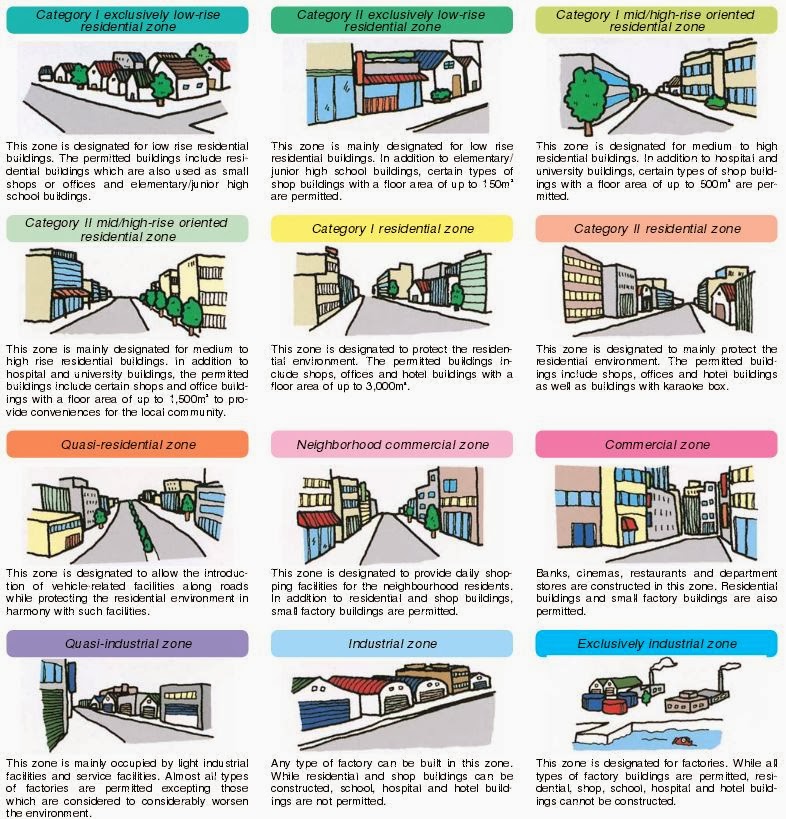What City Observatory did this week
1. How economically integrated is your city? It keeps getting clearer: Mixed-income neighborhoods are an important force in helping more kids escape poverty. So has economic integration been getting worse or better? A study this year by Kendra Bischoff and Sean Reardon found that income integration has declined in virtually every metro area over the last 40 years, with Milwaukee, Philadelphia and New Haven seeing the biggest shifts to income segregation. As of 2012, the most income-segregated metros are Dallas, Philadelphia and New York; the most integrated are Portland, Orlando and Minneapolis.
2. Why talent matters to cities. The single best predictor of a metro area’s prosperity isn’t the tax rate, the average speed of a cargo truck, or the acreage of parkland — it’s the percentage of the population with a college degree. Even workers without college degrees tend to have higher wages and lower unemployment when more of their neighbors have college degrees. In a two-year update of our data on this Talent Dividend, we find that the association between college attainment and per-capita income has gotten even stronger since the recession, increasing the rewards for cities that attract and retain skilled workers.
3. The link between parking and housing. Every parking space that sits empty has added thousands of dollars, sometimes tens of thousands, to the cost of the building. That’s enough to stop many potential projects from being built. Yet even cities suffering severe shortages of housing for people continue to mandate housing for cars — more of it than people are actually using. A more effective answer to scarce street parking: parking-permit districts that force developers to include as much parking as their tenants will actually need, but no more.
4. More driving, more dying: summer 2016 update.After many years of rising road safety, the traffic safety news keeps getting worse. National Safety Council statistics for the first half of 2016 put the United States on track for more than 38,000 road deaths, up from 33,000 in 2014. Though the NSC is eager to blame increased driving on the stronger economy, gas prices seem to be the clearer culprit, especially given research showing that the trips deterred by pricier gas seem to be disproportionately likely to be deadly.
The week’s must reads
1. How bail traps people in poverty. Last week, the U.S. Department of Justice argued for the first time that it should be unconstitutional to jail people for not posting bail. In Vox, a public defender from Oakland uses two stories to show how bail requirements lead to disproportionate plea bargains and felony charges on poorer people. She suggests broader use of ankle monitors, or bail set at a percentage of a person’s assets. (Also see this related finding that bail seems to increase recidivism and false conviction.)
2. Japanese zoning 101. TgrPeople intrigued by recent coverage of Tokyo’s success at keeping housing prices low amid growth may be interested in this short guide to Japanese zoning, written in 2014. “Japan’s zoning laws are more rational, more efficient and just plain better,” writes the author of Urban Kchose after exploring the country’s top-down approach to regulating land use, building size and building height.
3. Wider roads vs. affordable housing. Cities that require road widening as a condition of new development should check their math: more than half the time between 2002 and 2012, roads expanded by developers wound up with more capacity than they needed. Not only do overlarge roads encourage speeding — they also added as much as $50,000 to construction costs per new home, stifling development.
4. Opposition kills California housing reform. The “boldest California housing policy proposal in years” is dead for now, reported the San Francisco Business Times. Gov. Jerry Brown has been pushing for any housing projects with at least 5 percent below-market-rate units to be approved without local review as long as they followed local zoning. But numerous players opposed the change. The SFBT says the final blow came from the state’s building trades union, which came out against it after Brown rejected their call for all such projects to be built by higher-wage laborers.
New knowledge
1. About one in 10 Airbnb units in big cities displaces long-term housing. Using fresh data from consulting firm Airdna, FiveThirtyEight offered the closest look yet at the effects of short-term rentals on urban housing supply. In Los Angeles, almost half of Airbnb revenue comes from the 16 percent of local local listings (about 1,300 units) percent that are rented out close to full time, essentially displacing a possible long-term unit. In Airbnb’s top 50 markets, such units account for 9.7 percent of listings, with plenty of variation by city.

2. Berkeley’s local soda tax worked. Last year the California city became the nation’s first to put an excise tax on sugar-sweetened drinks. Jennifer Falbe and colleagues at the University of California found that sales of those beverages plummeted 21 percent after the city imposed a tax of one cent per ounce (12 cents on a can of Pepsi), and water consumption rose 63 percent, compared to 19 percent in comparison cities.
3. Are entrepreneurship and innovation created by cities and regions, not founders and firms? “Place has replaced the industrial corporation as the key economic and social organizing unit of our time,” argue Richard Florida, Patrick Adler and Charlotta Mellander in a sweepingly theoretical working paper for the Martin Prosperity Institute. Drawing on sources from Marx to Jacobs to Glaeser, they propose that contrary to common thought, “innovation and entrepreneurship are an urban or regional process.”
The Week Observed is City Observatory’s weekly newsletter. Every Friday, we give you a quick review of the most important articles, blog posts, and scholarly research on American cities.
Our goal is to help you keep up with—and participate in—the ongoing debate about how to create prosperous, equitable, and livable cities, without having to wade through the hundreds of thousands of words produced on the subject every week by yourself.
If you have ideas for making The Week Observed better, we’d love to hear them! Let us know at jcortright@cityobservatory.org or on Twitter at @cityobs.



